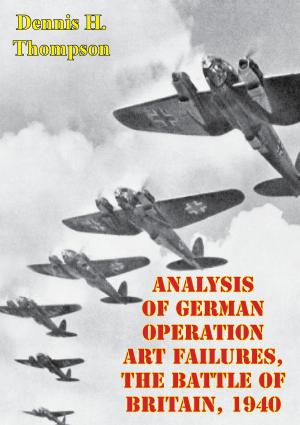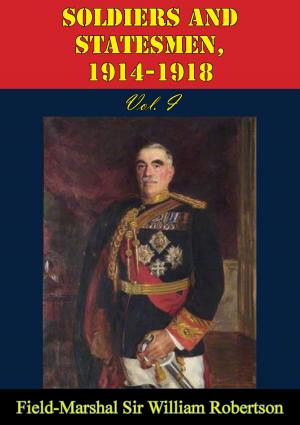By-Ways On Active Service; Notes From An Australian Journal
Nonfiction, History, Military, World War I, Germany, British| Author: | Captain Hector William Dinning | ISBN: | 9781782891826 |
| Publisher: | Lucknow Books | Publication: | June 13, 2014 |
| Imprint: | Lucknow Books | Language: | English |
| Author: | Captain Hector William Dinning |
| ISBN: | 9781782891826 |
| Publisher: | Lucknow Books |
| Publication: | June 13, 2014 |
| Imprint: | Lucknow Books |
| Language: | English |
It seems strange that any book should be composed in a war-zone as difficult and dangerous as the Somme area in 1917, but that is exactly what Hector Dinning did. Having published a few of his pen-portraits and sketches of incidents in various journals, friends and colleagues pressed Dinning to collect them together and publish them as a book. This he did even in the mud of the battlefield and under the shell-fire of the Germans!
Hector Dinning was among the first Australians to volunteer for overseas service. As he and his comrades sailed toward Egypt, military discipline chafed at the individualism of the Australians. Thankfully, once in Cairo, the troops were allowed leave before further transit to the hellish Gallipoli peninsula. Dinning details the difficulties and carnage that he witnessed at Gallipoli and Pathos, but also with some restraint, given the awfulness of the battles there. After only a brief rest in Egypt, the author was sent to France for further action on the Somme in Picardy; however, as a relief and in stark contrast, he tells of encounters with the French civilians behind the lines and the time that he spent out of the lines. This volume takes his story up to 1917, whereupon he was transferred to the famed Australian Light Horse, who were engaged in Palestine under Allenby, which he recounted in his second volume of memoirs, “Nile to Aleppo, with the Light-horse in the Middle-East.”
An excellent Anzac memoir.
Some contemporary reviews of ‘By-Ways On Active Service’
"He has a notable literary gift."—Morning Post.
"He has seen strange things with intensely keen eyes."—Daily Express.
"He is a vivid writer, with a keen eye for detail, and a direct way of setting it down which grips the attention." Times.
"He sees things with fresh and observing eyes, and he has a most receptive mind."—Punch.
"He can write." Sydney Bulletin.
"He has a striking literary gift."— Archibald Strong in Melbourne Herald.
It seems strange that any book should be composed in a war-zone as difficult and dangerous as the Somme area in 1917, but that is exactly what Hector Dinning did. Having published a few of his pen-portraits and sketches of incidents in various journals, friends and colleagues pressed Dinning to collect them together and publish them as a book. This he did even in the mud of the battlefield and under the shell-fire of the Germans!
Hector Dinning was among the first Australians to volunteer for overseas service. As he and his comrades sailed toward Egypt, military discipline chafed at the individualism of the Australians. Thankfully, once in Cairo, the troops were allowed leave before further transit to the hellish Gallipoli peninsula. Dinning details the difficulties and carnage that he witnessed at Gallipoli and Pathos, but also with some restraint, given the awfulness of the battles there. After only a brief rest in Egypt, the author was sent to France for further action on the Somme in Picardy; however, as a relief and in stark contrast, he tells of encounters with the French civilians behind the lines and the time that he spent out of the lines. This volume takes his story up to 1917, whereupon he was transferred to the famed Australian Light Horse, who were engaged in Palestine under Allenby, which he recounted in his second volume of memoirs, “Nile to Aleppo, with the Light-horse in the Middle-East.”
An excellent Anzac memoir.
Some contemporary reviews of ‘By-Ways On Active Service’
"He has a notable literary gift."—Morning Post.
"He has seen strange things with intensely keen eyes."—Daily Express.
"He is a vivid writer, with a keen eye for detail, and a direct way of setting it down which grips the attention." Times.
"He sees things with fresh and observing eyes, and he has a most receptive mind."—Punch.
"He can write." Sydney Bulletin.
"He has a striking literary gift."— Archibald Strong in Melbourne Herald.

![Cover of the book OMAHA BEACHHEAD - (6 June-13 June 1944) [Illustrated Edition] by Captain Hector William Dinning](https://www.kuoky.com/images/2014/august/300x300/9781782892632-IFKo_300x.jpg)

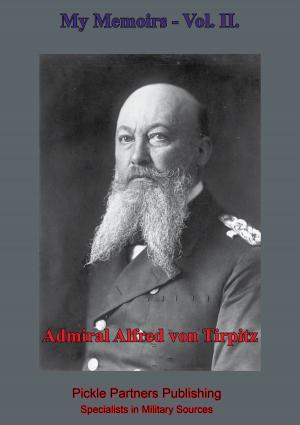
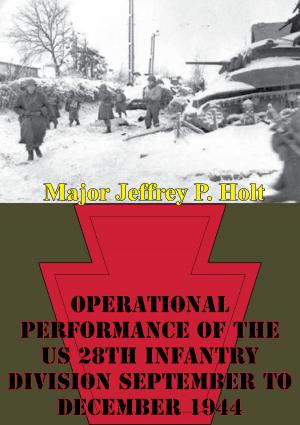
![Cover of the book St Vith: Lion In The Way: 106th Infantry Division in World War II [Illustrated Edition] by Captain Hector William Dinning](https://www.kuoky.com/images/2014/august/300x300/9781782898559-GZaf_300x.jpg)
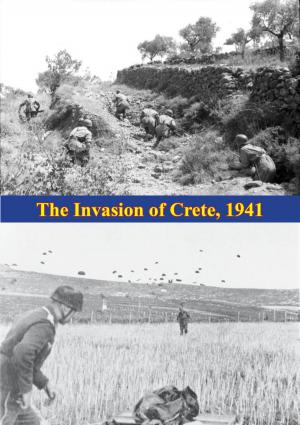
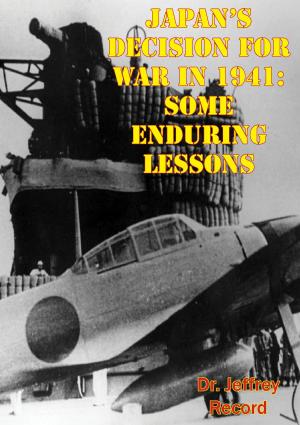
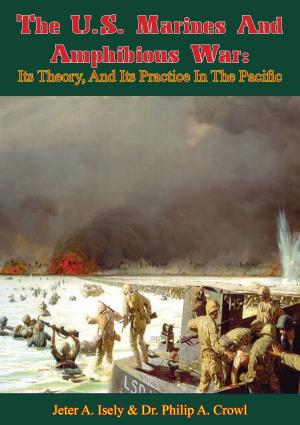
![Cover of the book ANZIO BEACHHEAD (22 January-25 May 1944) [Illustrated Edition] by Captain Hector William Dinning](https://www.kuoky.com/images/2014/august/300x300/9781782894629-iiVi_300x.jpg)
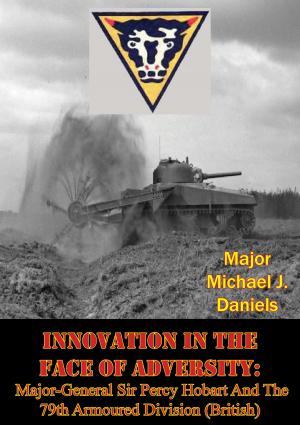
![Cover of the book My Experiences In The World War – Vol. II [Illustrated Edition] by Captain Hector William Dinning](https://www.kuoky.com/images/2014/june/300x300/9781782891284-xHoK_300x.jpg)
